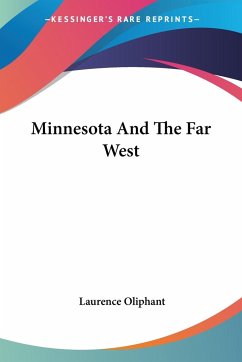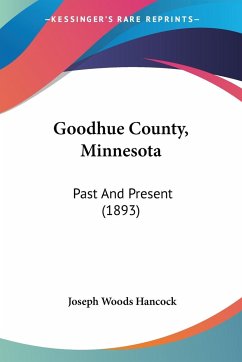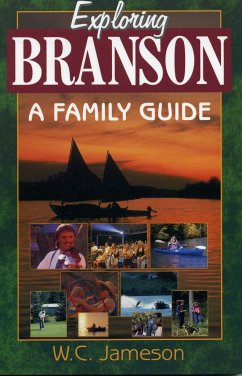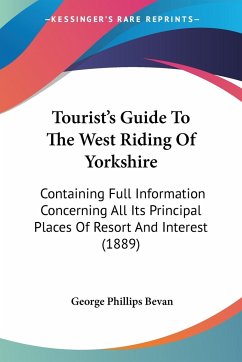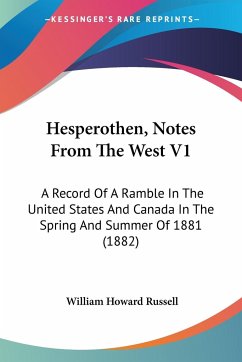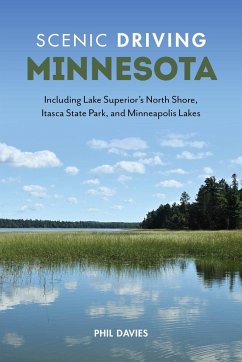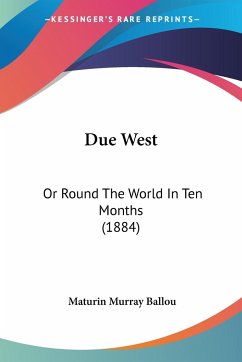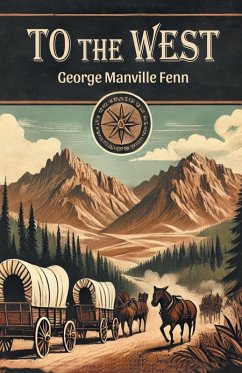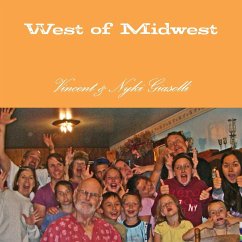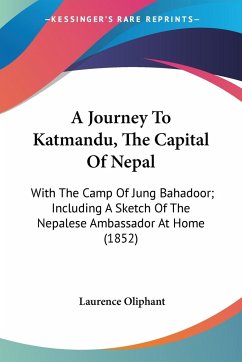Laurence Oliphant, a member of Parliament, was a South African-born British novelist, traveler, diplomat, British intelligence agent, Christian mystic, and Christian Zionist. During his lifetime, his most well-known work was the satirical novel Piccadilly (1870). Since then, his concept for Jewish farming settlements in the Holy Land, known as the Land of Gilead, has received increased attention. Oliphant represented the Stirling Burghs constituency in the UK Parliament. Laurence Oliphant was born in Cape Town, Cape Colony, as the only child of Sir Anthony Oliphant (1793-1859), a member of the Scottish landed elite, and Maria. Sir Anthony was the Attorney General of the Cape Colony when his son was born, but he was quickly appointed Chief Justice of Ceylon. Laurence spent his early life in Colombo, when his father bought a house called Alcove in Captains Gardens, which became known as Maha Nuge Gardens. Sir Anthony and his son are credited for introducing tea to Ceylon and cultivating 30 tea plants imported from China on the Oliphant Estate in Nuwara Eliya. In 1848 and 1849, he and his parents traveled through Europe. In 1851, he traveled with Jung Bahadur from Colombo to Nepal, gathering material for his debut book, A Journey to Katmandu (1852). Oliphant returned to Ceylon and then went to England to study law. Oliphant abandoned his legal studies to travel in Russia. The result of such voyage was his book The Russian Shores of the Black Sea (1853).
